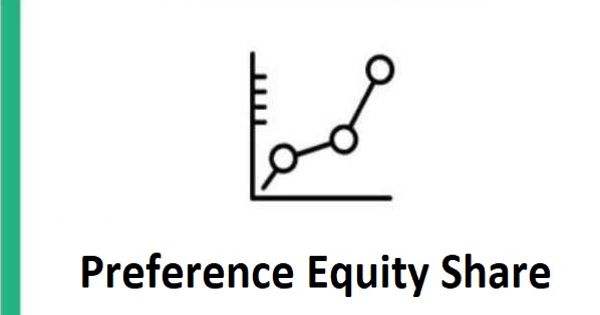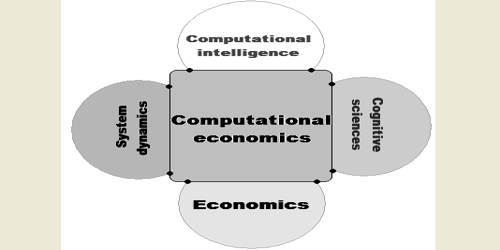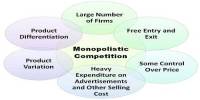Preference equity shares are generally issued to an investor as a guarantee of the payment of cumulative dividends before returns are distributed among ordinary shareholders. Preference shareholders are given more priority over equity shareholders when it comes to the dividend payment. However, preference shares do not have any associated voting and membership rights that are provided on common shares. These shares are the shares that do not carry voting rights in the company as well as the amount of dividend is also fixed. Equity shareholders are paid on the basis of the earnings of the company and do not get a fixed dividend.
Classification among preference shares can also be made, depending upon its participating or non-participating capacity. If the company enters bankruptcy, preferred stockholders are entitled to be paid from company assets before common stockholders. If an investor purchases participating preference shares, he/she is entitled to the stipulated amount of profits, as well as bonus returns, depending upon the performance of a company during a particular financial year. Most preference shares have a fixed dividend, while common stocks generally do not.
Owners of non-participating equity shares are eligible for no such benefits. Preferred stock shareholders also typically do not hold any voting rights, but common shareholders usually do. However, they get right to vote on the matters which directly affect their rights like the resolution of winding up of the company, or in the case of the reduction of capital. These shares are issued by companies seeking to raise capital, combine the characteristics of debt and equity investments, and are consequently considered to be hybrid securities. Companies incur higher issuing costs with preferred shares than they do when issuing debt.
Preference equity shares are the shares that carry preferential rights on the matters of payment of dividend and repayment of capital. Preference shareholders generally get the arrears of dividend along with the present year’s dividend, if not paid in the last previous year, except in the case of non-cumulative preference shares. Preference equity shares benefit issuing companies in several ways. The aforementioned lack of voter rights for preference shareholders places the company in a strength position, by letting it retain more control. Furthermore, companies can issue callable preference shares, which afford them the right to repurchase shares at their discretion.
Information Source:
















